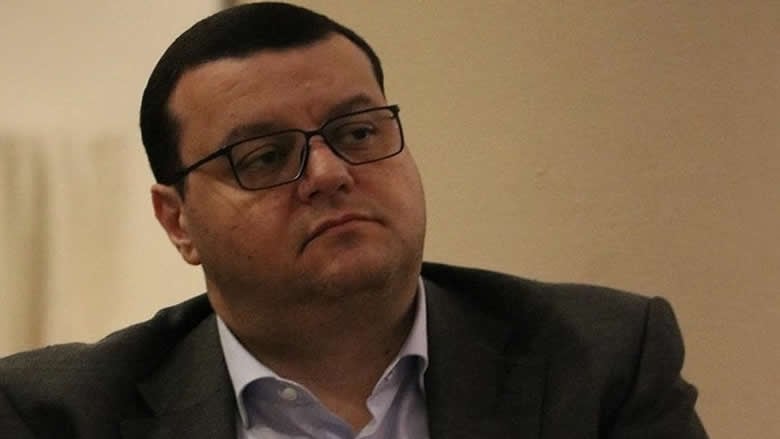Lebanon’s economy is not at its best. Discussions over the 2019 budget have stirred protests from various sectors throughout the country. Veteran army officers and soldiers, teachers, civil servants and even Central Bank employees have gone on strike, protesting policies that could decrease their earnings, wages or pensions.
The Lebanese cabinet has been under immense pressure locally and internationally to carry out a full-scale crackdown on corruption that is a prerequisite for economic reform.
Donors from the CEDRE conference more than a year ago pledged $11 billion to bolster Lebanon’s economy but they are waiting for reform. Reeling under the pressure, Lebanon has attempted to cut expenditures and increase revenue to reduce the budget deficit.
To do so, it has put public servants’ wages that exceed market averages under review. It is searching for additional revenue by increasing bank deposit taxes and cracking down on tax evasion.
However, no comprehensive economic reform plan has been introduced.
Economist Nassib Ghobril said the cabinet claims to be “discussing an austerity budget for 2019 in order to reduce the fiscal deficit” but that “for the measures to be significant and credible they have to lead to the reduction of at least $2 billion in expenditures and to increase revenues by at least $1 billion without raising any taxes.”
“If authorities manage to achieve these modest targets,” he said, “the budget will create a ‘positive shock’ for the economy, for the private sector, for foreign investors and for the international donor community.”

Political divisions stand in the way of introducing such measures, however. Policies that could help increase the budget, such as implementing maritime property taxes, which would require private beaches facilities built on public property throughout the Lebanese coast to pay taxes and fines, or cutting back on expenditures for Lebanese embassies and public office spaces, have received pushback in high places.
A staggering 45% of Lebanon’s public budget is allocated to public debt service and 45% to salaries and wages. That leaves 10% for investment projects, severely limiting the government’s ability to initiate important economic, development and reconstruction projects.
Even projects that are in motion are encountering problems. Contract workers for Lebanon’s few reconstruction projects went on strike in April after their payments were delayed.
Several international donors have complained that projects they financed were never completed because Lebanon delayed paying its share of the project and failed to meet deadlines. All of this while the country’s infrastructure is in dire need of repair. Contractors stand ready to do their part, provided financing is secured and payments are made on time.
In October 2017, Lebanon’s cabinet contracted US-based international consultant McKinsey to appraise the Lebanese economy and propose steps towards recovery. The company produced a 1,274-page report emphasising the need to develop a national vision that focuses on improving five key sectors that could grow the country’s GDP and produce jobs by 2025: tourism, knowledge economy, financial services, industry and agriculture.
This is especially critical at a time when Lebanon’s economy has been growing less competitive, Ghobril noted. He pointed to the World Economic Forum’s Global Competitiveness Index, in which “77% of countries included… have a more competitive economy than Lebanon.”
It is clear Lebanon’s economy needs much work and Lebanon’s youth, understandably frustrated by high unemployment rates, corruption and other poor indicators, are beginning to lose hope.





